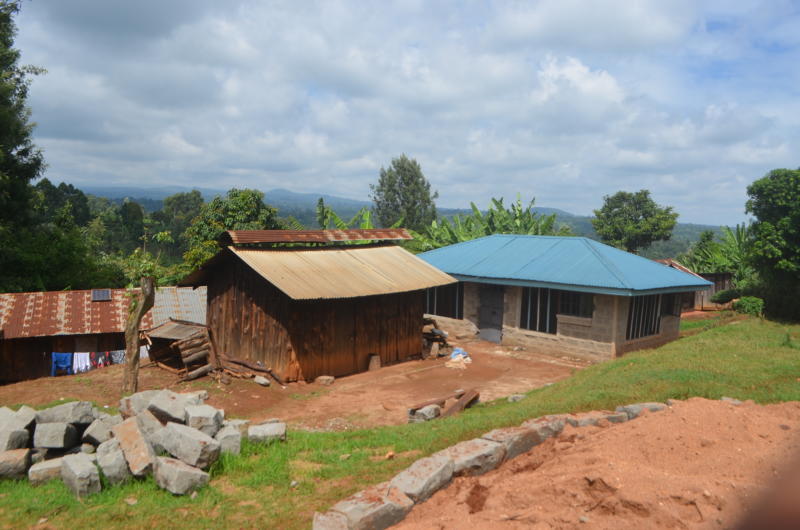×
The Standard e-Paper
Kenya’s Boldest Voice

They are bad and answerable to no one. When they cough, Kirinyaga gets a cold as their word is law and they have assumed the power of life and death over terrified villagersliving in the stranglehold of their machetes and killer clubs.
For close to 10 years, Muthii Mware, who was born in Kagumo, has been on the run. This was after he was accused of being a member of the outlawed Mungiki sect, which was involved in the killing of at least 26 people in Karatina in 2009.